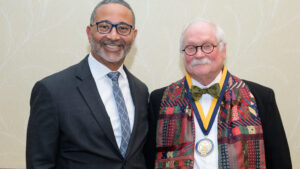
Accomplished Alumnus Receives President’s Medal for Science and Innovation
Pediatrician and geneticist D. Holmes Morton, M.D., IDP’79, H’90 received the 2025–26 Trinity College President’s Medal for Science and Innovation.
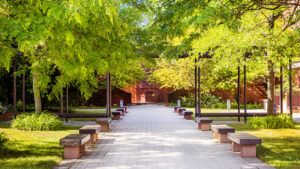
When Andrea Wise ’11 learned this spring that a photography project she led was awarded the 2025 Pulitzer Prize for public service as part of ProPublica’s reporting on reproductive health, she said she had to tell her Trinity College mentor, Pablo Delano, Charles A. Dana Professor of Fine Arts.
“Pablo was the first person to take me seriously as a photographer and an artist. He encouraged students to use photographs to tell stories that were important, to pursue our curiosity, and to think about the camera as a tool for social engagement,” said Wise. She serves as the visual strategy editor at ProPublica, a nonprofit investigative news outlet, and contributed to the Pulitzer-winning project, “Life of the Mother,” which investigated the consequences of strict state abortion laws on women, including the deaths of five women who died after abortion bans delayed emergency medical treatment.
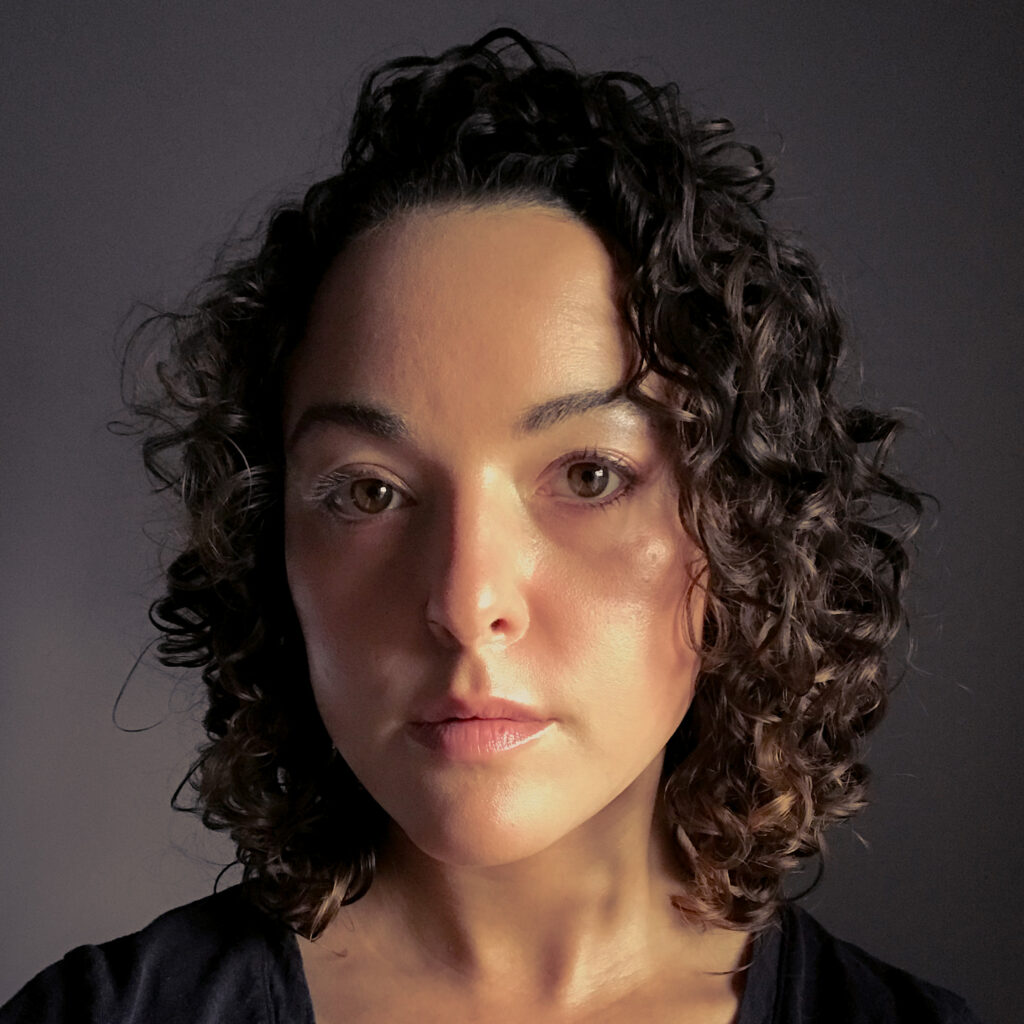
Wise was the lead editor on the yearlong photo essay, “The Year after a Denied Abortion,” by photographer Stacy Kranitz and reporter Kavitha Surana. “That photo essay reveals gaps in Tennessee’s social safety net for supporting women and their babies once they are here,” Wise said. “The Year after a Denied Abortion” also was awarded Online Storytelling Project of the Year by Pictures of the Year International, which is the oldest photojournalism competition in the world.
Coming to Trinity from Rockville, Maryland, Wise initially planned to study neuroscience. “I was curious about why people do the things that they do, and now I’m still able to explore that curiosity in journalism,” she said. An interest in art led her to a studio arts major—and to being named a President’s Fellow in the major her senior year—where she found art to be a vehicle for exploring many topics.
Of all the mediums in the studio arts major, photography had initially interested Wise the least, but that changed during a trip to Guinea in West Africa with members of Trinity’s African Development Coalition to install wells that would provide clean drinking water. “I had a lightbulb moment about documenting moments and stories in photographs,” she said. “I realized that when important things happen, if there’s no record of it, it’s easily forgotten. That’s when I realized how powerful photography could be.”
When Wise returned to campus, she took Trinity’s first digital photography class—taught by Delano, who would become her thesis adviser—where a staff photographer from The Hartford Courant shared her work. “It was an incredibly exciting moment of realizing that this profession would allow me to make art, tell stories, and help people understand what’s happening in their own communities . . . and also to continue to be curious, ask questions, and explore the world,” Wise said. “I came out of Trinity knowing I wanted to pursue photojournalism. My visual journalism career really began in Pablo’s class.”
Delano said that Wise stood out as a student not only due to her desire to explore the workings of photography, but also because of an intuitive understanding of the power of images to convey stories in ways that words cannot. “I think her senior project at Trinity, which explored her personal identity through her familial ties to the Cape Verde Islands, also helped to cement her commitment to visual storytelling,” Delano said.
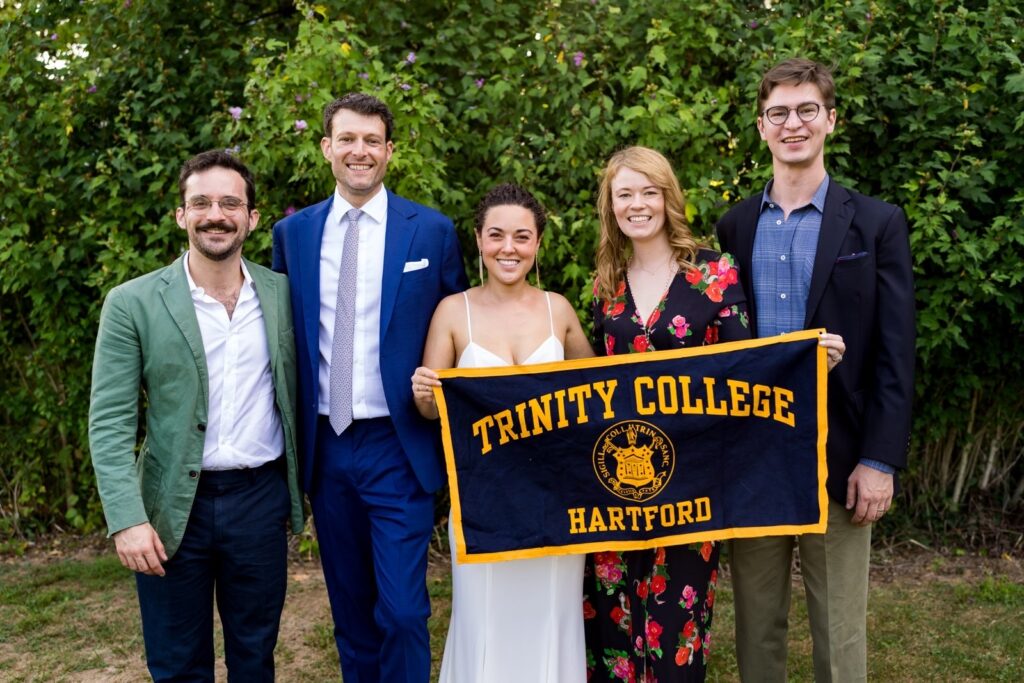
After graduating from Trinity in 2011, Wise photographed for newspapers including The Hartford Courant, the Victoria Advocate (Texas), and The New York Times and later discovered a love of editing in graduate school at Syracuse University. Before joining ProPublica as a visuals editor in 2021, she was a photo editor at National Geographic and also worked for Newsweek, The Intercept, and BuzzFeed News.
As she was building her own career in photojournalism, Wise was aware of the need for greater diversity in the field. In 2017, she and a fellow photo editor, Brent Lewis, co-founded Diversify Photo, a nonprofit that supports the work of photographers, editors, and visual producers from underrepresented groups. The organization is volunteer based and relies on support from donors.
“We were hearing from a lot of our colleagues that they saw the value in diversifying the ranks of freelance photographers they were hiring, but they didn’t know where to find people from different backgrounds,” Wise said. The Diversify Photo team—which also includes community director David M. Barreda, communications manager Salgu Wissmath, and program manager Alex M. Sanchez—maintains a merit-based database of thousands of photographers and visual creatives around the world who are BIPOC, non-western, or from other underrepresented groups. The database is used regularly by photo editors, creative directors, and other hiring professionals from major media outlets and other large companies. “We also create opportunities for community building, networking, and professional development for our members,” Wise said. “It’s one of the things I’m most proud of in my career.”
Now, Wise edits and art directs photography, illustration, and other forms of visual storytelling for ProPublica. “I have found a very unusual profession in journalism, and I want studio arts majors to know that it is possible to be a journalist and also make art,” she said. “My Trinity education helps me every single day when I’m making images in different formats.”
ProPublica’s Pulitzer-winning project came about in the wake of the Supreme Court’s 2022 decision in Dobbs v. Jackson Women’s Health Organization, which overturned Roe v. Wade, removing federal protections for abortion rights and allowing states to enforce their own laws.
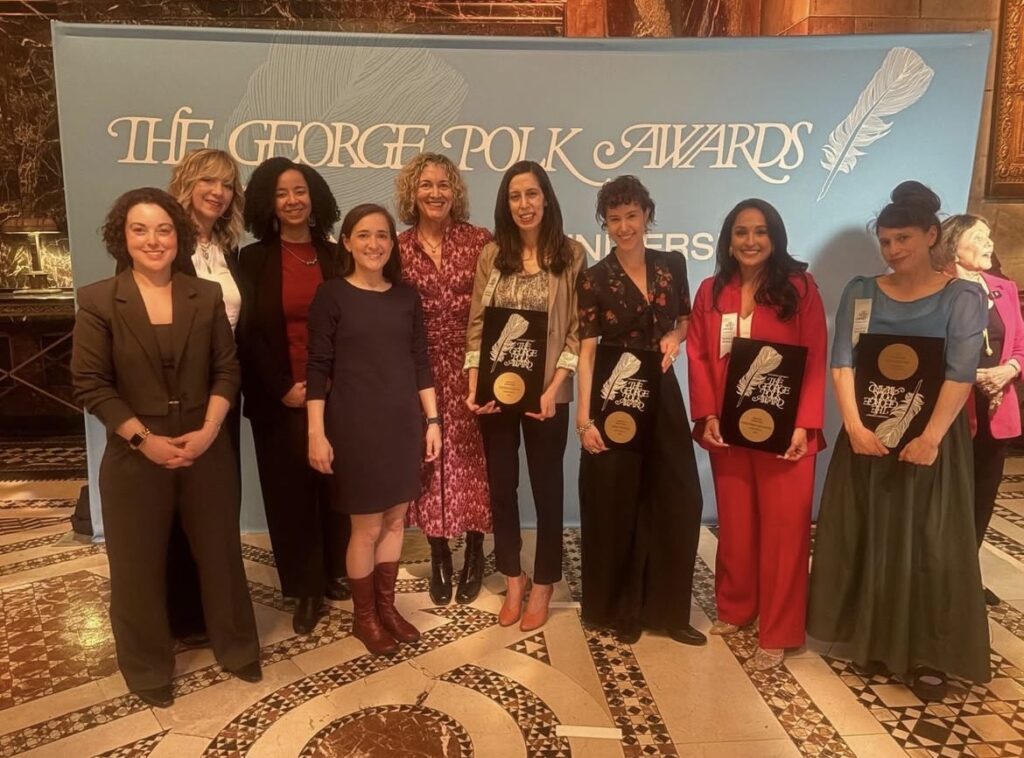
Surana was reporting on new issues faced by health care professionals in Tennessee when a doctor put her in touch with Mayron Hollis, a woman whose abortion was denied despite a life-threatening ectopic pregnancy in the scar tissue of a previous C-section. Wise initially commissioned Kranitz to photograph the woman’s pregnancy, but Hollis was rushed to the hospital after she began to hemorrhage. An emergency surgery saved her life and delivered her baby, Elayna, severely premature. Kranitz began photographing the family in the hospital the next day. “When documenting real stories as they’re unfolding, you never know what’s going to happen,” Wise said.
Several months later, ProPublica published a story by Surana and Kranitz about the woman’s pregnancy and her doctors’ fear of prosecution under the state’s new abortion ban if they provided what they deemed to be medically necessary care. That story ended with the baby back in the hospital with a lung infection. With the Hollises’ circumstances still precarious and readers eager to know how Elayna was doing, Wise pitched the idea for a photo essay that would document the entire first year of Elayna’s life. “At that time, we were seeing a lot of coverage about pregnancy complications in wake of the Dobbs decision, but we hadn’t yet seen what would happen to babies born in states with weak social safety nets after banning abortion,” she said.
Wise said that it felt surreal to be part of a Pulitzer-winning team. “People work their entire careers and don’t always get to achieve that level of recognition,” she said. “It’s especially meaningful to me to win in the public service category because that is what journalism is all about. Our sources trust us to tell their most intimate and often traumatic stories so the public can better understand the consequences of decisions made by people in power.”
As a student first entering college, Wise said, she never could have imagined the career and successes she has today. “I went into Trinity very curious about the world but also unsure of my place in it. But my time there—having academic freedom to explore topics like Buddhist art and chemistry in the same semester, to study abroad in Trinidad, and to have so many cultural experiences—that’s really what led me to journalism,” she said. “I met my best friends in the world at Trinity, and amazing professors encouraged us and took us seriously as students. I wouldn’t be here if it weren’t for my experience at Trinity.”